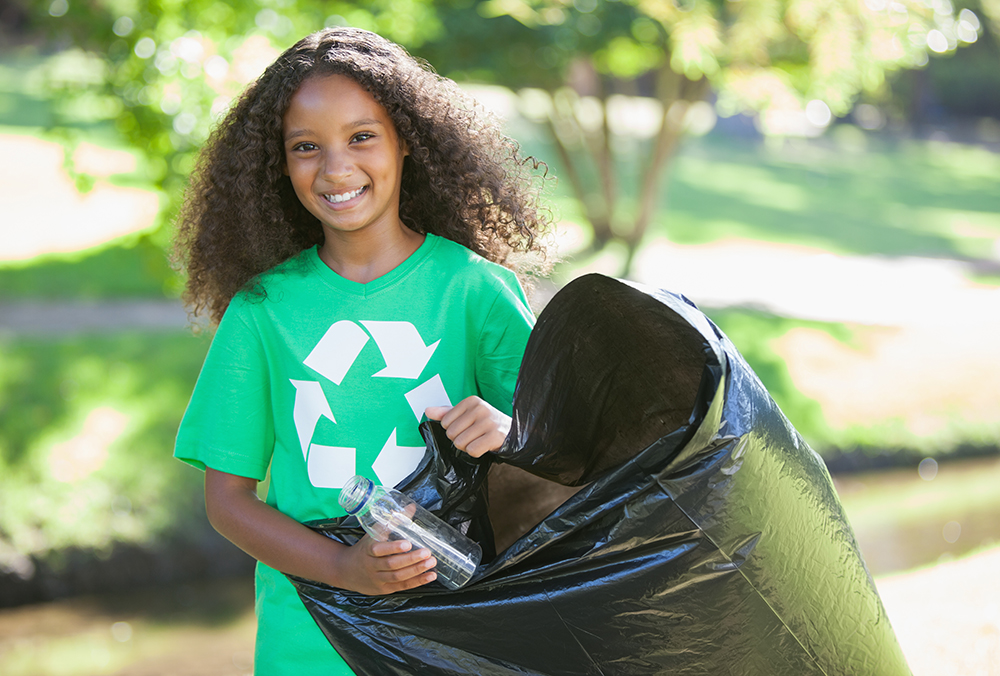
WORDS MICHELLE TEH
| FEATURED EXPERT MICHELLE TEH Founder and Chief Executive Officer of Earth & Me Website |
Malaysia’s landfills are filling to capacity, putting the country in danger of running out of space for the disposal of solid waste by 2050.
In fact, about 38,000 metric tonnes of solid waste on average are sent to more than 100 landfills in Malaysia daily. In Kuala Lumpur alone, there are about 2,500 metric tonnes of solid waste produced daily, which could pile up to the height of the Petronas Twin Towers in only one week!
This amount of waste is set to continue increasing in tandem with population growth.
Most babies using up at least 7,000 diapers in the first two and a half years alone.
How does this affect parenting, and how do we navigate trying to steer away from this for both the current and future generations?
USE SUSTAINABLE PRODUCTS
In the realm of parenting, particularly with baby products, there’s a notable trend towards single-use or disposable items.
These products, though convenient, often contribute significantly to environmental degradation.
Take traditional diapers, for instance, which are predominantly composed of plastic materials. The sheer volume of disposable diapers being discarded annually staggering, with a global average of 300,000 disposable nappies sent to landfill or incinerated every minute. Their decomposition process can take hundreds of years, exacerbating landfill overflow and pollution issues.
To address this environmental concern, it’s crucial for parents to consider alternative options that are not only safe and nontoxic for their little ones but also eco-friendly.
Making a conscious switch to products that are multifunctional, reusable, biodegradable, or a combination of these attributes can significantly reduce waste generation.
By conducting a bit of research and exploring sustainable alternatives, parents can play a pivotal role in minimizing their family’s ecological footprint and fostering a greener future for their children.
CREATE SUSTAINABLE MOMENTS
Celebrating your child’s milestones is a joy, but it’s crucial to consider the environmental impact. Many traditional practices contribute to waste and pollution, but there are eco-friendly alternatives.
For example, zero-waste celebrations are gaining popularity, with parents opting for reusable decorations and tableware instead of disposable items.
Second-hand gifts and hand-me-down outfits are also becoming more common, reducing waste and adding sentimental value to celebrations.
Another idea could be simply borrowing resources from friends or participating in swaps, which would minimize waste while creating memorable experiences for children.
Through making these mindful choices, parents can still mark special occasions, just in a more sustainable way.
IMPART SUSTAINABLE LESSONS
As your child grows up, instilling eco-conscious habits also becomes increasingly important.
You can encourage them to take part in activities that promote environmental awareness, such as sorting trash into different categories like plastic, paper, and kitchen waste.
Potentially, these lessons can be turned into a game or a fun family activity, perhaps by organizing a beach clean-up day where you collect and dispose of rubbish together.
In addition, introduce your child to the concept of the 3Rs: reduce, reuse, and recycle. This lays the groundwork for a sustainable mindset. Teach them the importance of reducing consumption, reusing items whenever possible, and recycling materials to give them a second life.
Once these principles are a part of everyday life, you have essentially empowered your child to become a responsible steward of the environment.
CREATE A SUSTAINABLE FUTURE FOR OUR CHILDREN
Granted, the journey towards sustainable parenting presents its challenges, but every small step taken today contributes to a brighter future. We must continue to make conscientious choices in our daily lives, such as reducing waste, conserving resources, and prioritizing environmentally friendly products, so that together, our collective actions can lead to a healthier planet and a better quality of life for all.





